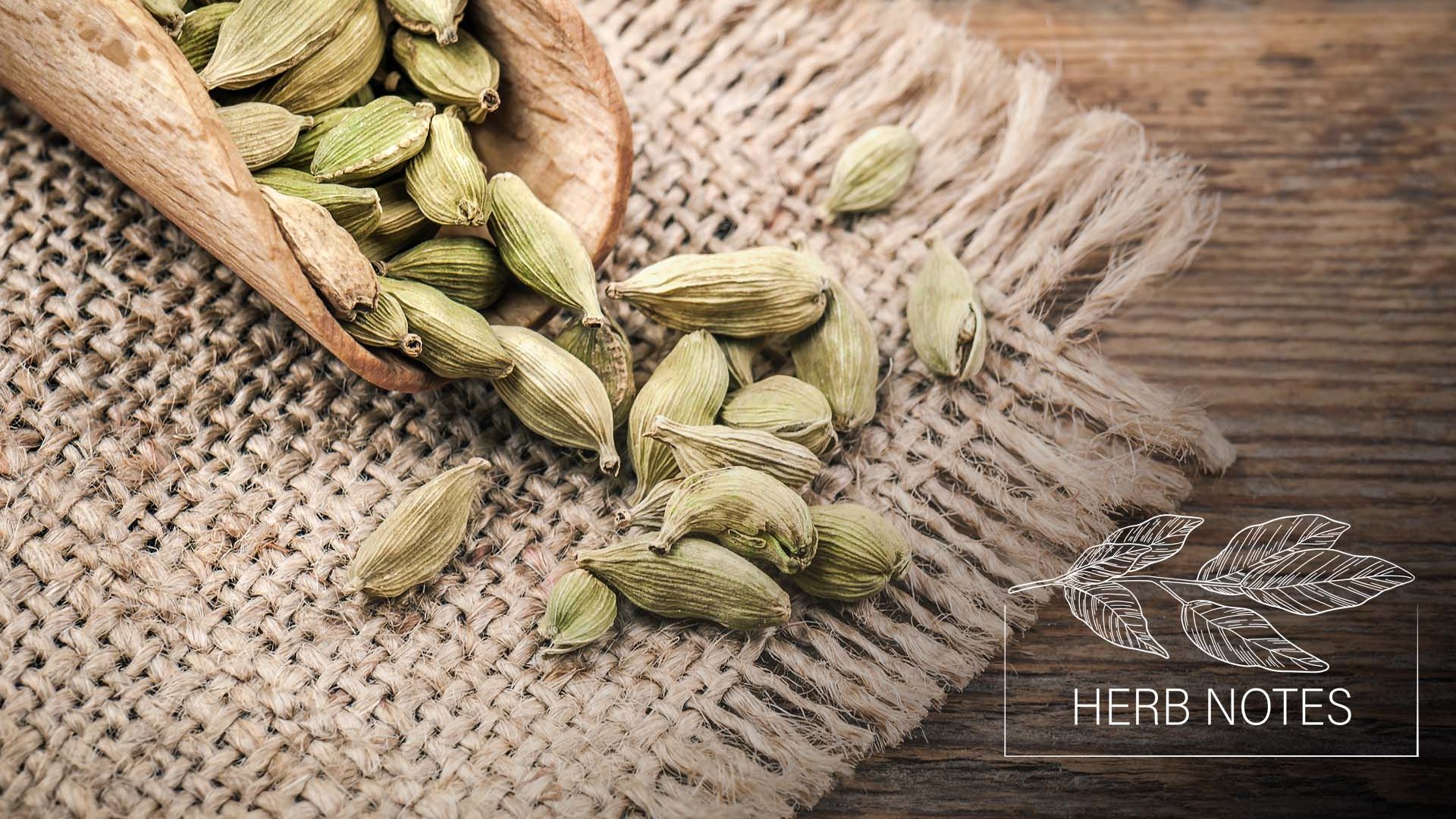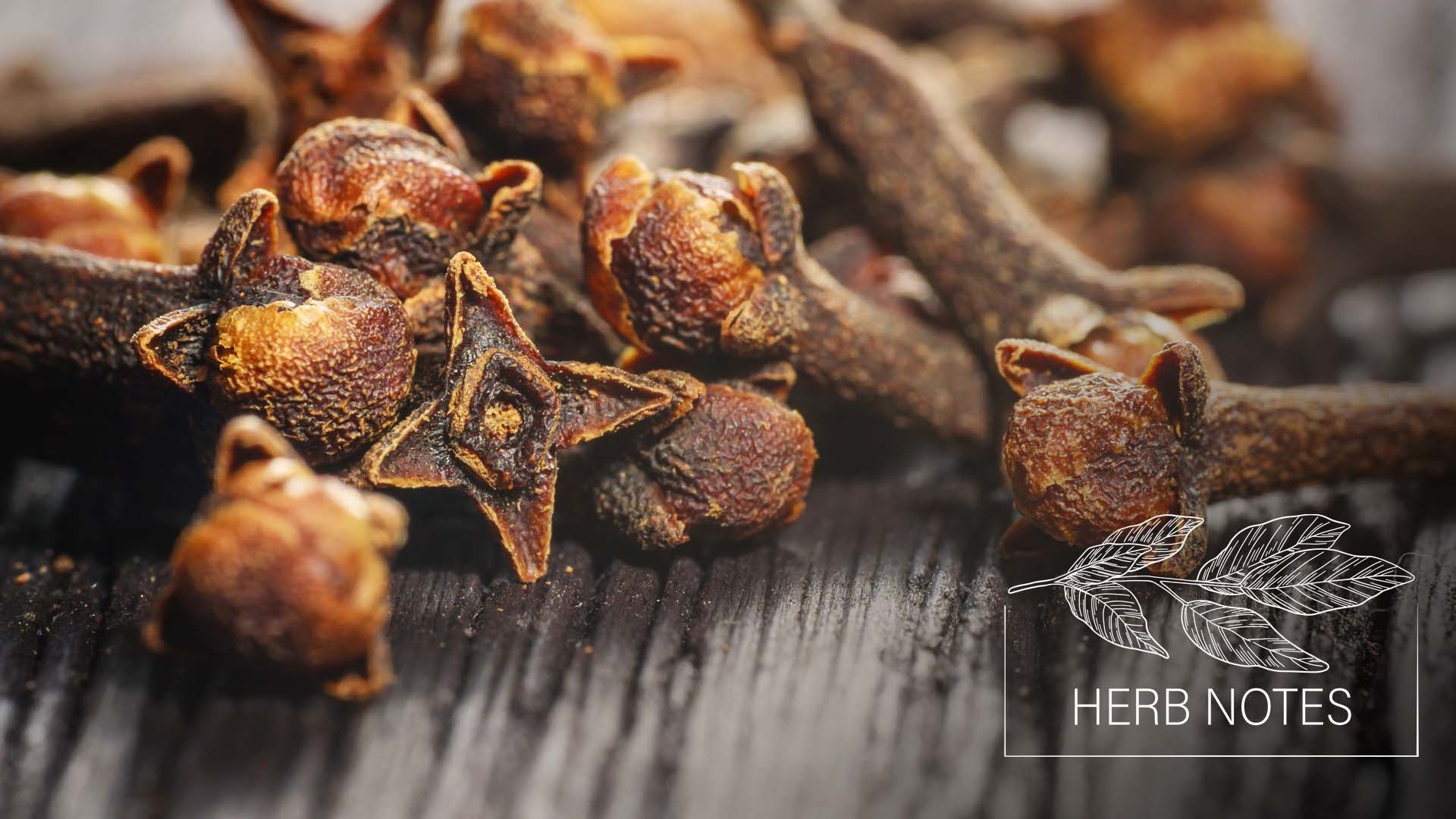
Herb Notes: The Benefits of Thyme
Thyme offers a familiar, pungent taste to every dish it graces. Beyond its culinary gifts, thyme (Thymus vulgaris) also has a rich history as a medicinal herb with a wide range of benefits.
Let's dive into 3 key benefits of thyme...
1. Thyme for Immune Support
Thyme has an affinity for the immune system. Thyme is particularly supportive for upper respiratory infections like colds and flu. When I have congestion, sore throat, or a cough, I like to gargle with a thyme tea or do a steam inhalation with thyme tea—made with the fresh leaves of thyme.
2. Thyme for Digestive Health
Not only does fresh thyme (or dried thyme!) make for a flavorful culinary delight, it can also help support the health of the gastrointestinal tract (GI tract). Cooking with this aromatic herb can help address digestive stagnation, including gas, bloating, and mild cramping. The antibacterial properties of thyme can also help support the health of the gut microbiome.
3. Thyme for Natural House Cleaning
With its antimicrobial properties, thyme shines at cleaning minor wounds. And just as thyme can clean wounds, it can also be used to clean your house—infusing vinegar with dried thyme leaves can make for a wonderful antimicrobial cleaner. This infused vinegar is a great all-purpose cleaner, and it easily cuts through grease.
Thyme Contraindications
As with most medicinal herbs, the thyme plant can have many beneficial effects, and it also has some key contraindications.
Medicinal amounts of thyme should be avoided during pregnancy and lactation. Allergic reactions to thyme are generally considered rare.
All of the benefits discussed in this article are referring to working with thyme leaves infused into teas, tinctures, steams, and vinegar. Thyme essential oil is much stronger than all of these preparations, and thyme essential oil should be worked with in a different way: in very small, diluted amounts under the guidance of a trained clinical aromatherapist.1
Want to Learn More About Other Common Herbs' Benefits?
Now that you've learned a little bit about the health benefits of thyme, you might be wondering how you can learn more about the medicinal properties of other common plants.
Well, here’s the easy way to get more info about some of our favorite herbs: download a FREE deck of our top 12 Herb Notes here. You’ll learn all about the medicinal properties of common herbs like elderberry, dandelion, and more.
Here are a few frequently asked questions about thyme and its medicinal properties...
Does thyme have antifungal properties?
Yes, thyme exhibits antifungal activity, and people have traditionally harnessed these antifungal properties in topical preparations—for example, thyme leaves infused into a carrier oil—for mild fungal infections like ringworm.
I've heard thyme is native to the Mediterranean region—is that true?
Yes, thyme is native to southern Europe and the Mediterranean region. Thyme is often paired with other Mediterranean herbs in culinary preparations like basil, oregano, and rosemary.
Can thyme help with menstrual cramps?
Yes, thyme can be used to help support menstrual cramps.
What are some other potential health benefits of thyme?
Fresh thyme and dried thyme can help support the health of the oral microbiome, mild burns and inflammation, and sinus congestion.










